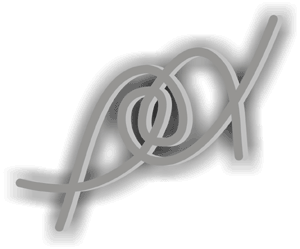This work begins with the assumption that the results of large-scale evaluations are appropriate tools for understanding the curriculum learned. We also think that the results of international evaluations conducted in different countries are a good strategy to identify the different emphases of the various curriculums. Based on the results of the Program of International Student Assessment - PISA2003, a comparison was made between differences in math curriculum emphases in Brazil and Portugal. The methodology used for analysis was Differential Item Functioning (DIF). This methodology enables the identification of items that violate one of the key assumptions of Item Response Theory (IRT), whereby students from different groups, but the same cognitive skill, have the same probability of answering an item correctly. Analysis of 84 items of the mathematics test of the PISA 2003 showed that some items present DIF between Brazilian and Portuguese students. Some items are easier for Brazilian students, in particular as regards the sub-area "quantity". On the other hand, the items of the sub-area "change and relationships" are apparently easier for students from Portugal. Items involving scientific contexts are easier for students in Portugal, as well, while involving contexts of personal life are easier for Brazilians. The results of this survey demonstrate the relevance and need of expanded debate on curriculum in education mathematics. Understanding the results of the tests of large-scale evaluations can provide new questions about how and what students learn about Mathematics.
Education Mathematics; Curriculum Learned; PISA2003; Differential Item Functioning











